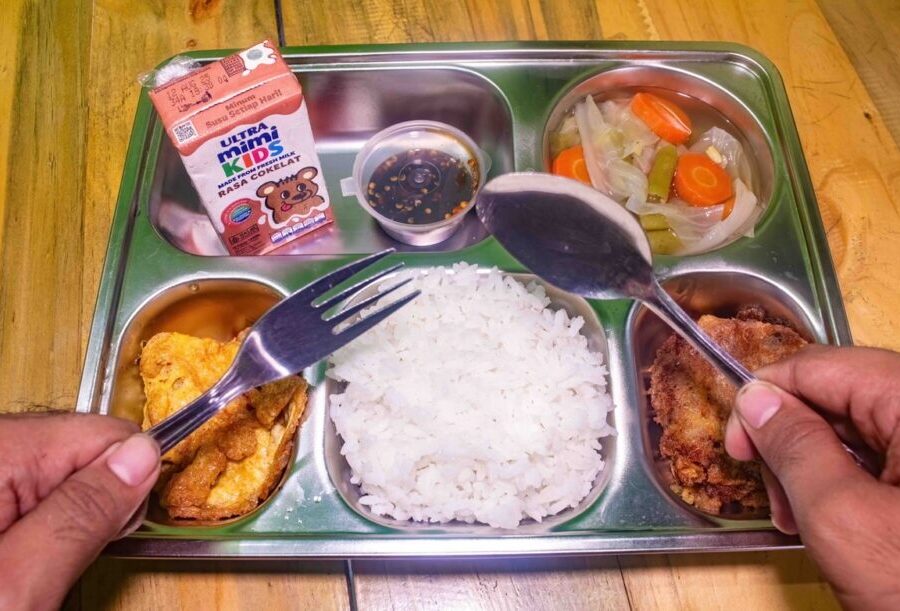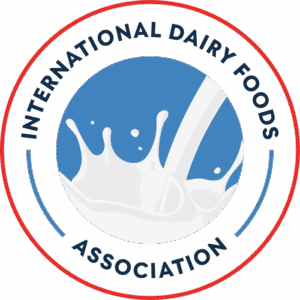Politics, school meals and food security

A good news story from Indonesia, where free school meals have reached 30 million children, according to fixthenews.com. In its first year, one of the world’s largest national school-meal programmes has provided daily meals to over 30 million children, improving nutrition and school attendance while supporting local farmers and caterers. The initiative has also boosted rural economies through local procurement and reduced food insecurity among low-income families, the website reports. In a country of nearly 286 million, this is impressive.
I think what this story is telling us is that one, making feeding people and keeping them food secure as a top priority is a goal that politicians in all countries can probably manage, but don’t. If you have a government that decides that keeping people fed and food secure is a useful goal, you will quickly see results.
A look at a Rabobank release earlier this year shows us that dairy offers a good school-based source for safe, nutritious food. “Food and agribusiness banking specialist Rabobank says the programme, which is currently being rolled out across 400,000 schools in Indonesia, is part of the Indonesian government’s Nutritious Meals Program, aimed to combat malnutrition and promote healthy eating among the country’s 60 million school children, as well as in pregnant women.
“The school milk programme is expected to significantly increase Indonesia’s total dairy consumption, creating opportunities for Australia and other global dairy players, according to a new report by Rabobank’s RaboResearch division. In the report, ‘Indonesia’s new school milk programme could nourish minds and global dairy markets,’ Rabobank says the new Indonesian government has introduced a range of policy measures with the potential to transform the country’s dairy supply chain.”
“The centrepiece is the Nutritious Meals Program, which aims to provide food, including milk, to 60 million students on every school day by 2029,” report author RaboResearch senior analyst Michael Harvey said. RaboResearch estimates the total milk required at full implementation could surpass two billion litres.
“This estimate is based on an anticipated 83 million recipients accounting for school absenteeism, lactose intolerance, and an average serving size between 125ml and 200ml,” Harvey said. The report says the school milk programme has the potential to significantly increase Indonesian demand for liquid milk, both domestically produced and imported.
“The majority of milk consumed in Indonesia in 2024 was imported, with domestic production estimated at 900 million litres, and an additional 2.5 billion litres (liquid milk equivalent) imported,” Harvey noted.
Indonesia was Australia’s fourth largest dairy export market in 2023/24, after China and Japan, taking over 60,000 tonnes of Australian product. Australia has also been a long-standing exporter of dairy cattle to Indonesia.
Happy World Food Day, everyone.
https://www.fao.org/world-food-day/en/
- Suzanne Christiansen, editor, Dairy Industries International.
Keep in touch via email: [email protected]
Twitter: @dairyindustries Linkedin: @dairyindustriesinternational






